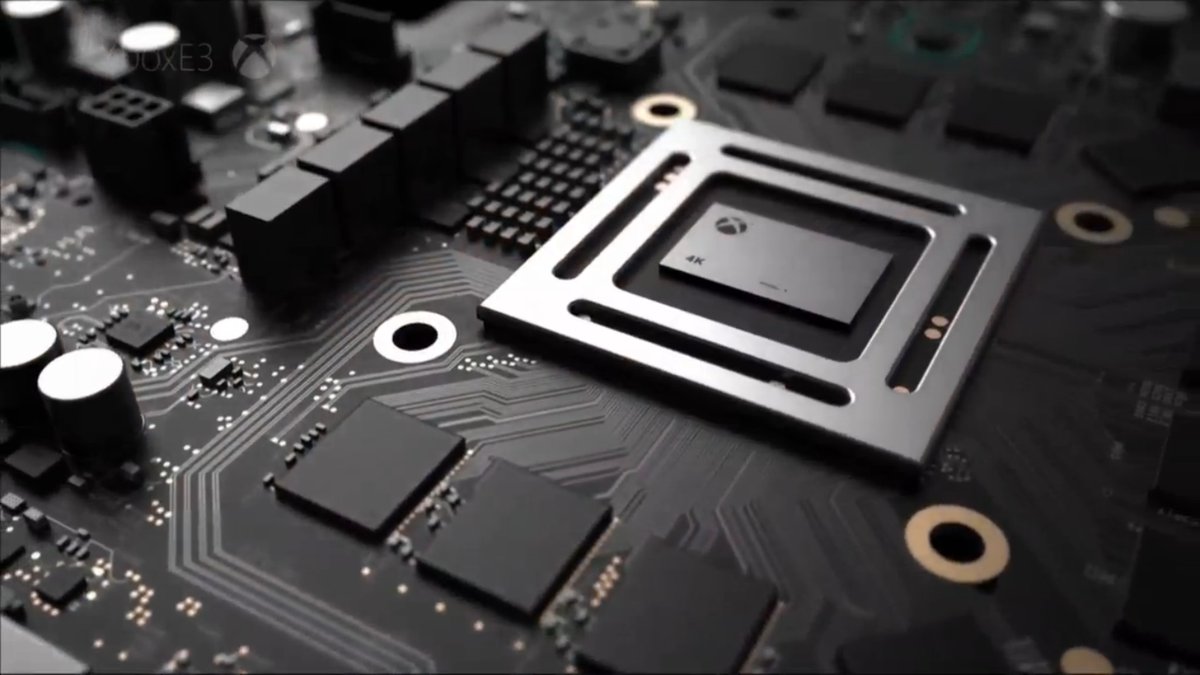With the upcoming release of the Xbox One Scorpio and the PS4 Pro, mid generation, iterative consoles are now a reality, whether you necessarily like it or not. And while there will probably continue to be debates about the necessity of such a thing for a while to come, it seems that, on the whole, developers are rather enthusiastic about the notion.
One of those developers is The Coalition, who just put out Gears of War 4. Speaking to Daily Star, The Coalition’s Rod Fergusson discussed the upcoming Scorpio, noting that mid generation consoles may enable consoles to stay abreast of gaming PCs, and the tech advances that they see on an almost annual basis, a bit better.
“I think when you look at what the console market was up to now, it was basically, here’s a fixed product, live with it for eight years,” Rod Fergusson said. “Be excited on day one and then watch over the next eight years as you fall behind PC players, because hardware has moved on but you haven’t; so your games start looking [rough].
“Initially, because of price point, consoles are always able to outperform PC on the first day and look better than the PC for that price point, and thats why you’re all excited,” he continued. “But then, by year 4, or even sooner, you’re like ‘oh, my console games maybe don’t look as good as the PC counterpart.’ Thats because they’ve been upgrading the video card every year. So you get in a system that you lose, you disconnect from the technology curve within the consoles.”
Mid generation consoles can potentially help address this issue, Fergusson said.
“For me its this idea that without that generational ‘ok i gotta wait eight years to get a better looking game.’ That idea that, hey, without generations I can have this game, I can bring my backwards compatibility my digital library with me, it will take advantage of that new power.
“Like now, things that use dynamic resolution will become fixed frame rates, fixed resolutions and those sorts of things, whereas now you can advantage of that power and you don’t have to wait 10 years to get that advantage or getting new content that takes advantage of it.”
In theory, the reasoning is sound- but of course, in the long run, this will only help put a bandaid over the larger issue, which will continue to stand. That’s because consoles will still be bound to relatively longer upgrade cycles (a new iteration every 3-4 years, as opposed to a new advancement in PC gaming measured in a matter of months). That, plus the overall modular nature of gaming PCs, versus the closed box nature of consoles, means that while consoles may make some strides towards keeping pace with gaming PCs, in the end, PCs will always win regardless.















